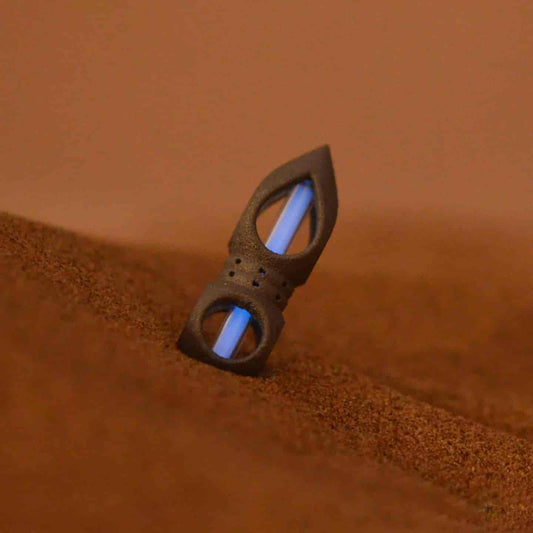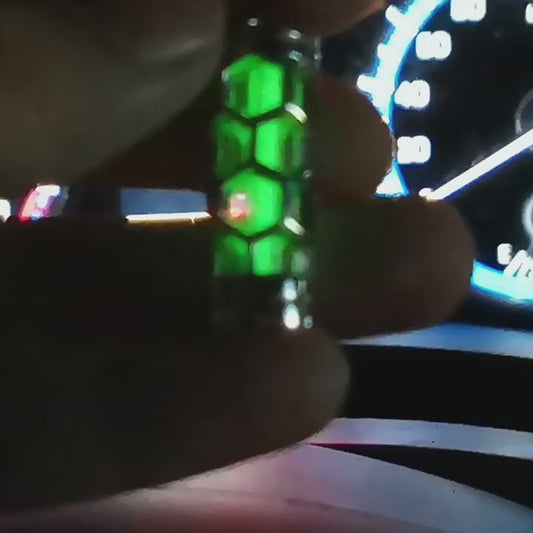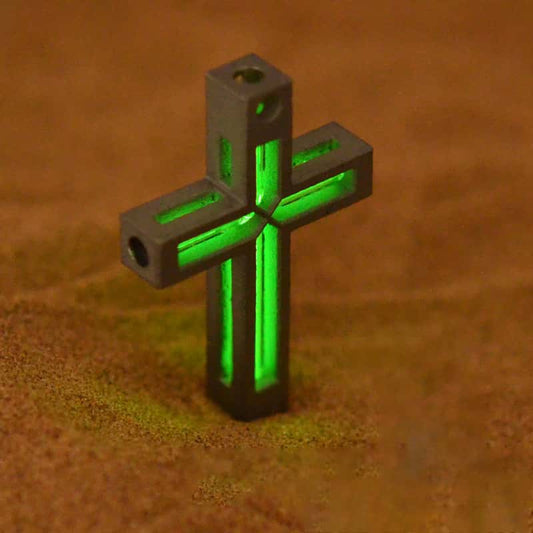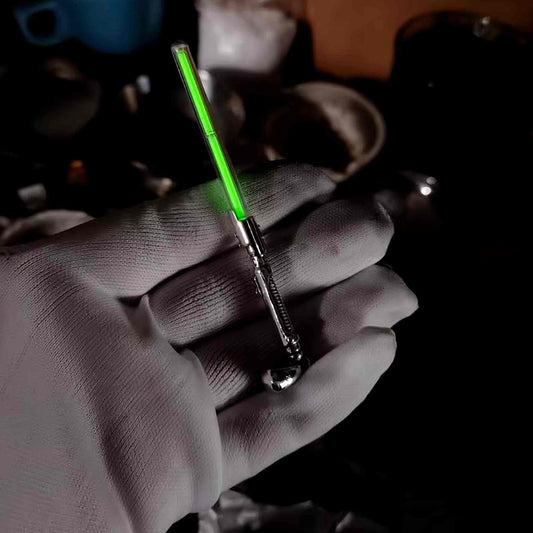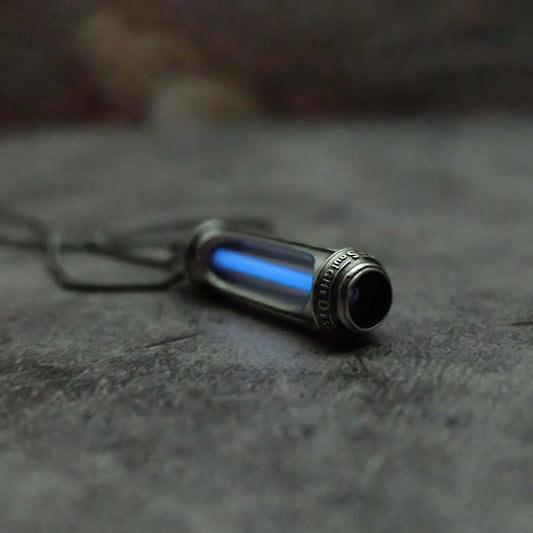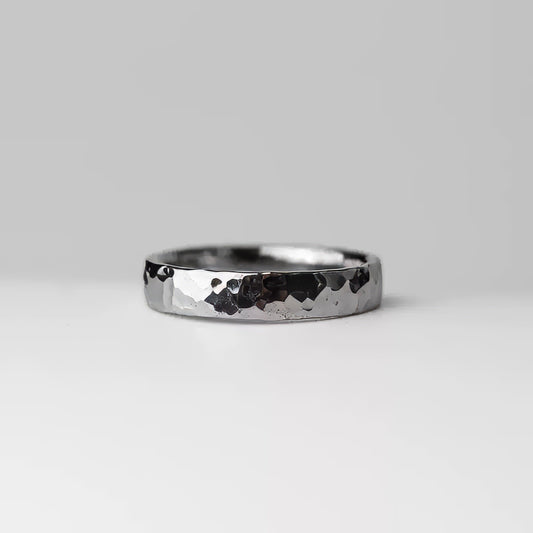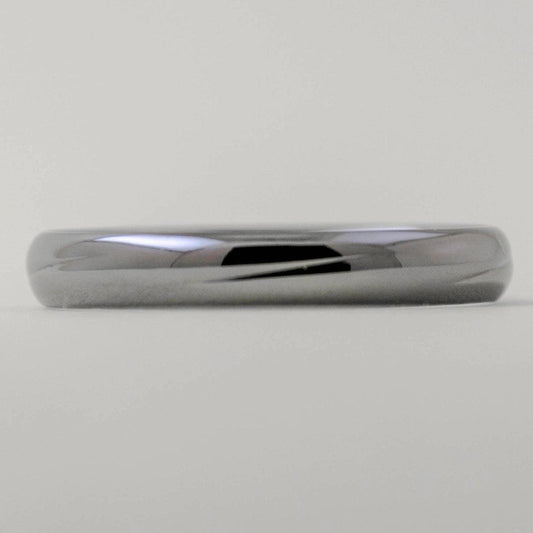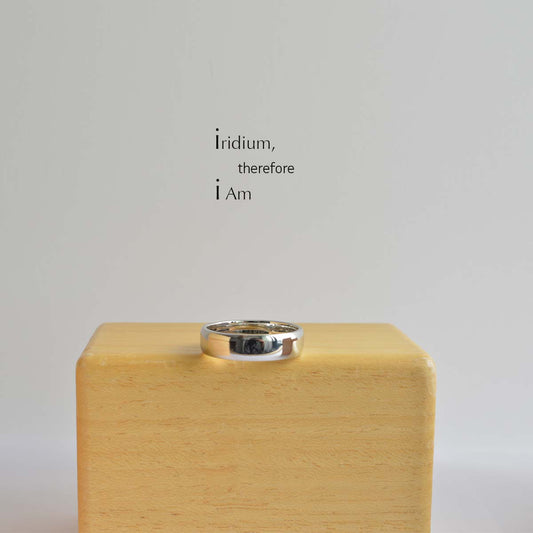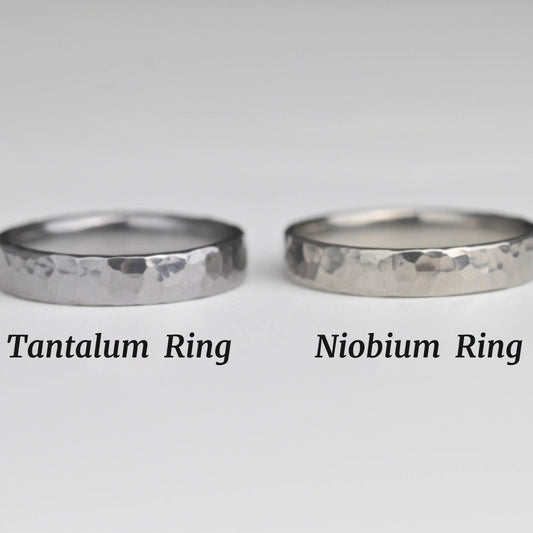Understanding Tritium Half-Life A Dive Into the World of Radioactive Isotopes
Understanding Tritium Half-Life A Dive Into the World of Radioactive Isotopes
Last summer, I was sitting on my uncle Jack's porch while he spun tales of his work back in the heyday of nuclear research. Picture this: a sun-drenched afternoon, iced tea sweating on the table, and Uncle Jack animatedly explaining the nuances of tritium. He had a knack for making the most complex topics feel like a fireside chat. Tritium, he said, was one of those things most folks never thought about unless they worked in his field. But the concept of its half-life? Now that was something everybody should know about.
Tritium is a radioactive isotope of hydrogen, and unlike the hydrogen most of us are familiar with, tritium contains one proton and two neutrons. What makes this tiny particle fascinating is its half-life—about 12.32 years. In layman's terms, this means that it takes roughly 12 years for half of a given amount of tritium to decay. To put it in perspective, imagine pouring a cup of sugar into a bowl, and in 12 years, only half of it remains. This slow yet steady pace of decay is crucial in applications ranging from scientific research to the operation of nuclear reactors.
The intriguing nature of tritium doesn’t just end with its slow fading act. There's an element of safety and environmental concern as well. Tritium is mildly radioactive, and while it’s less of a health hazard compared to other radioactive substances, responsible handling and disposal are paramount. I recall Uncle Jack noting how this aspect has been a topic of discussion among scientists for years. Questions linger about how best to manage tritium byproducts, especially when they seep into the environment. Its half-life, surprisingly, becomes both a blessing and a curse—a gentle reminder of nature's clockwork and the enduring footprint of humanity's technological endeavors.
Culturally, tritium’s role has seeped into more ordinary aspects of life than one might expect. Take, for instance, how it's used in the small glowing vials in wristwatches and gun sights. The luminescence, a result of tritium decay, provides a soft glow that fascinates me every time I glance at my old, reliable watch in the dark. There's something comforting about a glow that doesn't need batteries or an external power source—a pocket-sized representation of time itself ticking away, one half-life at a time.
But beyond practicality, there's an almost philosophical dimension to considering tritium's half-life. It's a reminder of impermanence, of how things transform and eventually fade. It's something that often nudges me to think about the passage of time and our place within it. In a world where we're constantly racing against the clock—be it deadlines or personal milestones—there's a quiet solace in understanding that some things naturally unfold over decades, entirely indifferent to our hurried pace.
Conversations like those with Uncle Jack have made me appreciate how even the most scientific phenomena can connect with our everyday experiences, adding layers to how we see both the microscopic and macroscopic world. So the next time you're caught up in the hustle, maybe you'll remember that there's beauty and balance in the slow, graceful decay of tritium—a subtle dance of nature that’s taking place quietly, imperceptibly, all around us.


